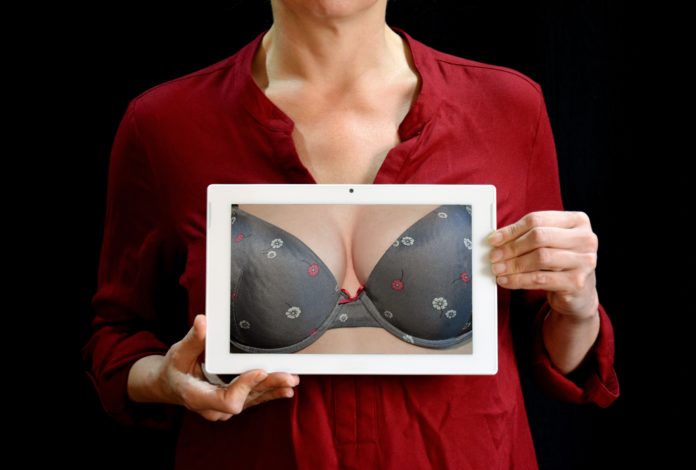New gene assay widens the scope of patients to be treated only with a hormone therapy
Many breast cancer patients could forego toxic chemotherapy, if the analysis of their tumours gets a “favourable” score in a new test.
A 21-gene test performed on tumors could enable most patients with the most common type of early breast cancer to safely forgo chemotherapy, according to a landmark study published in the New England Journal of Medicine.
Loyola Medicine oncologist Kathy Albain, MD, is among the main co-authors of the study and a member of the clinical trial’s steering committee. First author is Joseph Sparano, MD, of Montefiore Medical Center in Bronx, NY. The study was published in conjunction with its presentation at the plenary session of the American Society of Clinical Oncology 2018 meeting in Chicago.
“With results of this groundbreaking study, we now can safely avoid chemotherapy in about 70 percent of patients who are diagnosed with the most common form of breast cancer,” Dr. Albain said. “For countless women and their doctors, the days of uncertainty are over.”
Dr. Albain, the Huizenga Family Endowed Chair in Oncology Research at Loyola University Chicago Stritch School of Medicine, has conducted research with the 21-gene test and also used it in her practice for years.
The test examines 21 genes from a patient’s breast cancer biopsy sample to determine how active they are. The tumor is assigned a “recurrence score” from 0 to 100; the higher the score, the greater the chance the cancer will recur in distant organs and decrease survival. If patients with higher scores receive chemotherapy, this risk of recurrence will be significantly reduced, enabling more patients to be cured.
The test is not available in India but hospitals routinely send samples abroad and incorporate the findings in their treatment module. At a Rs 2.5 lakh price tag, it is however, a very expensive test.
Previously, the challenge doctors and patients have faced is what to do if a patient has a mid-range score. It was uncertain whether the benefit of chemotherapy was great enough to justify the added risks and toxicity. Previous studies demonstrated that patients with low scores (10 or lower) did not need chemotherapy, while women with high scores (above 25) did require and benefit from chemotherapy.The new study examined the majority of women who fall in the intermediate range of 11 to 25.
The test is not available in India but hospitals routinely send samples abroad and incorporate the findings in their treatment module. At a Rs 2.5 lakh price tag, it is however, a very expensive test.
The study enrolled 10,273 women who had the most common type of breast cancer (hormone-receptor positive, HER-2 negative) that had not spread to lymph nodes. Researchers examined outcomes of the 69 percent of patients who had intermediate scores on the 21-gene test.
Patients were randomly assigned to receive chemotherapy followed by hormonal therapy or hormone therapy alone. Researchers examined the chemotherapy and non-chemotherapy groups for several outcomes, including being cancer free, having cancer recur locally or to distant sites in the body and overall survival.
For the entire study population with gene test scores between 11 and 25-and especially among women aged 50 to 75-there was no significant difference between the chemotherapy and no chemotherapy groups. Among women younger than 50, outcomes were similar when gene test scores were 15 or lower. Among younger women with scores 16 to 25, outcomes were slightly better in the chemotherapy group.
“The study should have a huge impact on doctors and patients,” Dr. Albain said. “Its findings will greatly expand the number of patients who can forgo chemotherapy without compromising their outcomes. We are de-escalating toxic therapy.”


